Te Matapaeroa 2019 - Looking toward the horizon: some insights into Māori in Business
- Emma Anderson
Foreword
To get a better picture of the contribution of Māori to the wider economy, Te Puni Kōkiri commissioned research on the scope of economically significant Māori-owned businesses. The research, undertaken by Nicholson Consulting, provides data to help inform future policy work by Te Puni Kōkiri that can lead to building the Māori economy, lifting employment, improving Māori wellbeing and addressing equity of outcomes as part of the broader data strategy. It also highlights the untapped opportunities and needs of Māori businesses by sharpening our understanding of the scale and makeup the Māori small and medium enterprise (SME) sector. This data is vital for Te Puni Kōkiri to lead policy development across the government sector and is integral to the Te Puni Kōkiri strategy to be the authoritative public sector voice on the status of Māori wellbeing. Te Puni Kōkiri is developing an enterprise information and knowledge strategy as part of a broader Māori economic resilience strategy, and the data on Māori businesses is an early example of the value of this work. All data is anonymised and managed under the security and confidentiality provisions of the Statistics Act. In June 2020, as part of the COVID-19 Manaaki project (www.manaakipromise.co.nz), Te Puni Kōkiri commissioned Nicholson Consulting to use Statistics NZ’s Integrated Data Infrastructure (IDI), Longitudinal Business Database (LBD), and Linked Employer-Employee Data (LEED) to identify Māori businesses, and some of their key variables and characteristics. It compares these findings with previous research on Māori
businesses. These linked databases were used to identify the number and breadth of Māori businesses, or businesses important to the Māori economy in the following three categories as at December 2019:
• Māori-owned Businesses
• Māori Sole Traders
• Significant Employers of Māori.
The research uses pre-COVID-19 data and will be refreshed regularly as new information is collected.
By Geoff Short
Hautū, Te Puni Kaupapa Here, Te Puni Kōkiri
